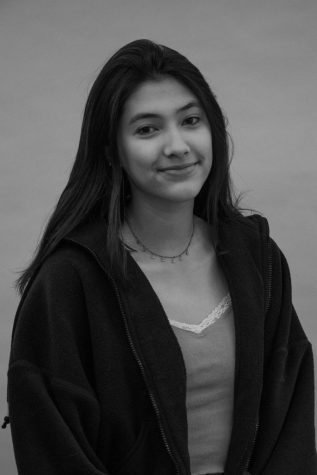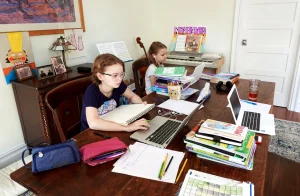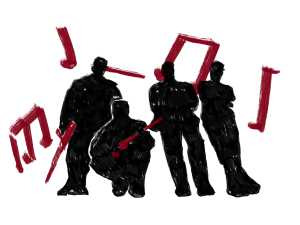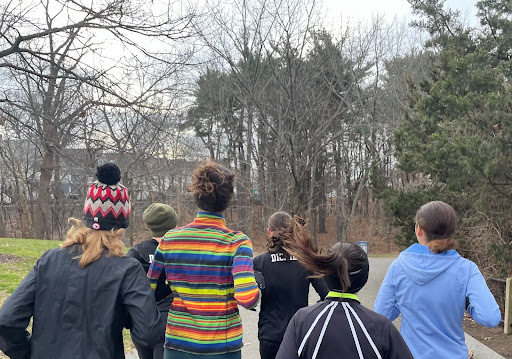Anniversary of Trump’s Inauguration Sparks Reflection
January 30, 2018
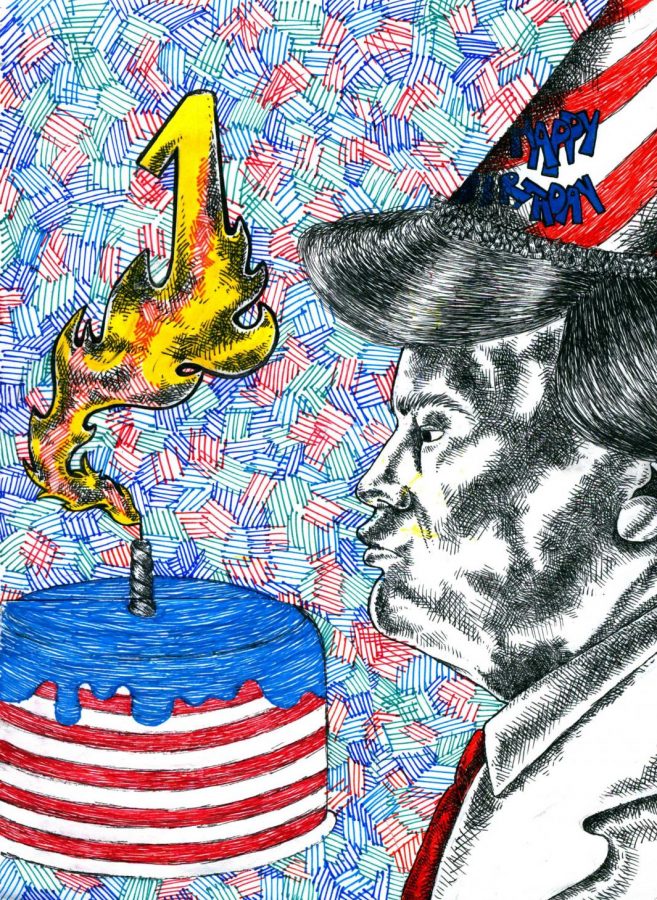
This January marks the one-year anniversary of Trump’s inauguration.
January, 2018, marks the one-year anniversary of Donald Trump’s inauguration. Shortly after the polls closed in November, 2016, and it became clear that Donald Trump had been elected to office, many demonstrated their disappointment through protests across the country. Following the election, some CRLS students attended protests in Boston and elsewhere. Recently, marches resumed in the area because of the anniversary of Trump’s inauguration. However, some still wonder not only if people still follow the actions that Trump has been taking but also if students keep up on current events in general.
“I don’t really keep up with politics or current events, because there is too much negativity, and sometimes there is fake news. Sometimes it is not important,” commented junior Sean Fontno. High school can be a very stressful environment. One has to deal with social pressures, homework, extracurriculars and home life. As Fontno shared, negativity from the news can be very unwelcome in this setting.
Fake news is also a major controversy that attracted attention during the 2016 presidential elections and continues to be a topic of conversation in politics.
“As librarians, our primary purpose, job, and reason for being here is to help students … become information-literate. To know how to not just read the news, but to think about what they are really saying and what they aren’t saying,” CRLS librarian Ms. Boninti told the Register Forum. High school educators have been struggling with the concept of fake news for a while. Boninti said that informing students and teaching them how to distinguish the real from the fake is a skill educators have emphasized.
Fontno is not the only student who says they do not keep up with current events. Some students at CRLS, such as freshman Paloma Sequeira, say they simply do not have the time. “I do not follow current events or politics, because I don’t have the time. I care, I just don’t think about it a lot,” Sequeira said. About checking the news, freshman Roni Kirson said, “I get the headlines—so, [I] kind of [do].”
Apps like Snapchat and Instagram have made it easy to skim over headlines of major current events. A click of a button, and one is brought to a world translated into soundbites, headlines, and shortened articles. Are these apps helping inform students about current events, or are they making it easier to ignore these events while a student feels like they are being informed? Librarian Ms. Houston commented, “I’d say that it is equal, because I see a lot of young people really engaged, but at the same point, I still see things from young and old people shared that are not from reliable sources.”
When asked whether they support any of the decisions made by or put forward by the Trump administration, many CRLS students interviewed for this article replied that although they did not know all of Trump’s policies, they did not approve of the ones they had heard of. “I keep up with the news when my mom tells me,” sophomore Lily Schub said. Students may not necessarily be reaching out for headlines or news segments, yet parents and teachers can help encourage them to be informed.
“Different people have more voices now, which was not always the case,” said Ms. Boninti. Since Trump’s inauguration roughly a year ago, more people have taken to social media to share their opinions. Ms. Boninti said this is both a good and bad thing. She said that there is too much to focus on, and some people get “overwhelmed” and shut off immediately when they see the news. “Unfortunately, we are overwhelmed right now with so much clutter and so much noise in the news that, at times, I think we have become … maybe lazy? I think we have devices now, and we have ways of sharing information that just make everything so instantaneous,” she said.
In the Trump era, constantly checking social media is a given. Technology has become such a major part of this society and has increased the speed at which information is available to many. Sometimes, this makes it difficult to pause and take in the important pieces. Ultimately, it is up to individuals to decide whether or not to pay attention to what is happening around them.
This piece also appears in our January print edition.

